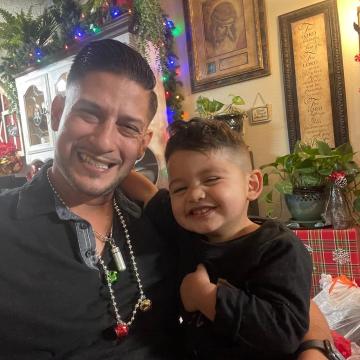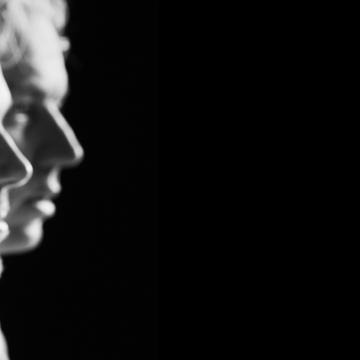Testicular Cancer
Testicular cancer is the leading cause of cancer for men in their 20s and 30s. When detected early, it is a highly treatable type of cancer.
Testicular cancer is highly curable, with survival rates well over 90%, especially if detected and treated early. Although it is rare, it is still the leading cause of cancer in young men in their 20s and 30s.
A lump on your testicle is typically one of the first signs of testicular cancer. A physical or self-exam may detect any problems with your testes. Swelling in the scrotum and testicle pain are also common symptoms of testicular cancer.
Our team works together to bring you precise, state-of-the-art surgery and chemotherapy options to personalize a testicular cancer treatment plan and deliver the best outcomes for you.
City of Hope is constantly developing new therapies to eradicate testicular cancer and help you return to an active, healthy life. We conduct a wide variety of clinical trials, many of them not available to the general public.
When you come to City of Hope, you automatically gain access to an unparalleled array of support services to help you and your family take each step in your testicular cancer journey.

City of Hope is a nationally recognized leader in researching and treating urologic cancers and has been named by U.S. News & World Report as one of America's top urology and cancer hospitals.
Our Testicular Cancer Program Highlights:
- State-of-the-art diagnostic tools
- Minimally invasive robotic-assisted surgery using the da Vinci surgical system
- Pioneering drug research and clinical trials
- Novel chemotherapy regimens
- Active surveillance
- Fertility-preserving therapies
- Long-term family and survivorship supportive care programs
City of Hope's renowned physicians and researchers utilize the latest technology and innovation to treat testicular cancer, coupled with our enduring belief in providing unparalleled compassionate care.
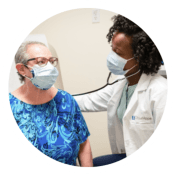
City of Hope is one of the few facilities designated a comprehensive cancer center by the National Cancer Institute.
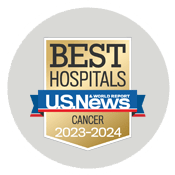
Our developments in the areas of breakthrough cancer drugs, bone marrow transplants and CAR T cell therapy are recognized internationally.
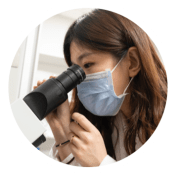
Our leadership in research and innovation continually enhances our ability to provide novel and differentiated approaches to cancer care.
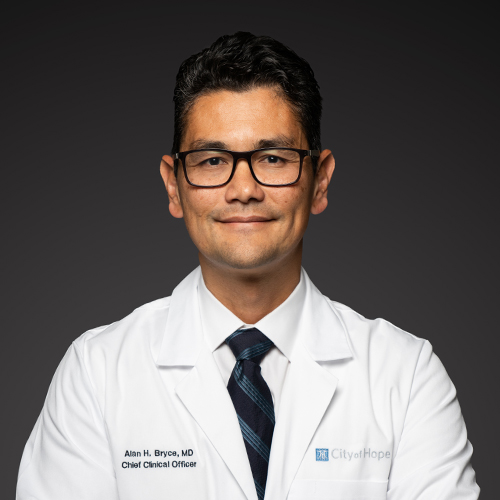
Alan H. Bryce, M.D. is the chief clinical officer, City of Hope Cancer Center Phoenix.
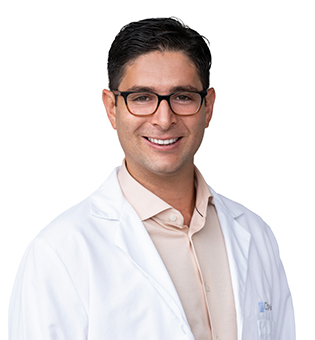
Alexander Chehrazi-Raffle, M.D., is the assistant professor, department of Medical Oncology & Therapeutics Research.
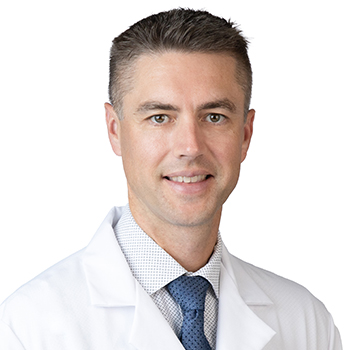
Cory Hugen, M.D., is an Associate Clinical Professor in the Division of Urology and Urologic Oncology in the Department of Surgery at City of Hope Orange County.
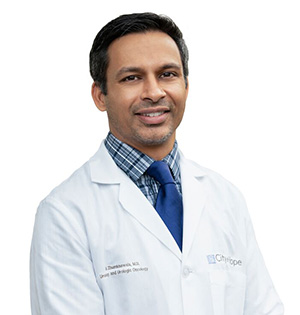
Ali Zhumkhawala, M.D., is a urologic oncology surgeon specializing in the treatment of prostate, testicular, bladder and kidney cancers.
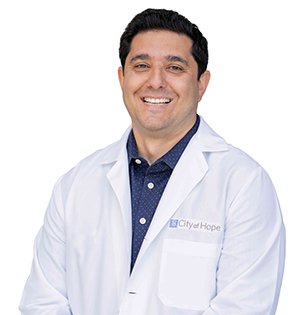
Pedram Aram, M.D., believes that doctors have the power to change lives. He is committed to making a positive impact on patients' lives by utilizing his expertise in benign/general urology, including treatment of prostate and testicular cancer, kidney cancer and transplant, and robotic-assisted and
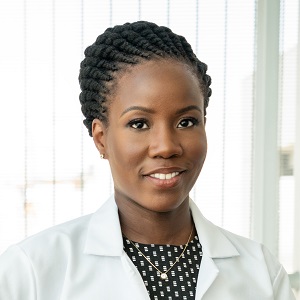
Fornati Bedell, M.D., M.H.S., urologic surgeon and assistant clinical professor in the Division of Urology and Urologic Oncology within the Department of Surgery.
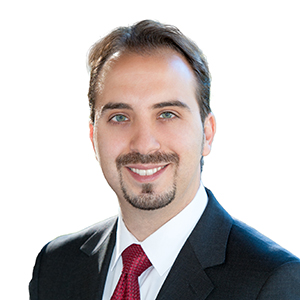
Donald Hannoun, M.D., is a surgeon practicing urology and urologic oncology at City of Hope | Antelope Valley and Santa Clarita.
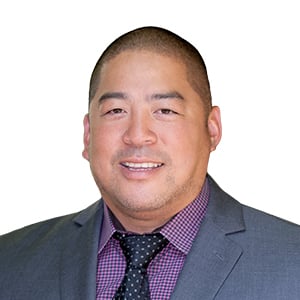
Clayton Lau, M.D., is chief of the Division of Urology and Urologic Oncology and an expert in prostate cancer.
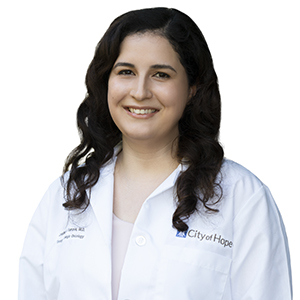
Hannah Asghari, M.D., is a medical oncologist and hematologist in the Department of Medical Oncology & Therapeutics Research.
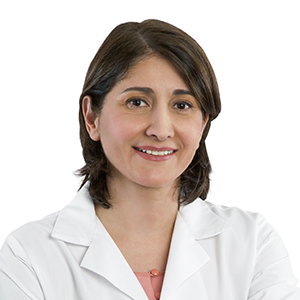
Bahareh Bahadini, M.D., is an assistant clinical professor at City of Hope's Thousand Oaks location.

